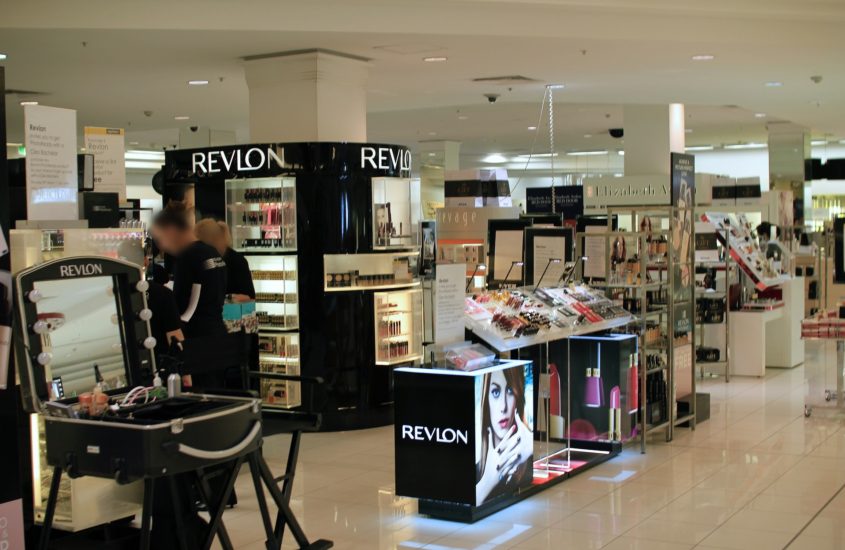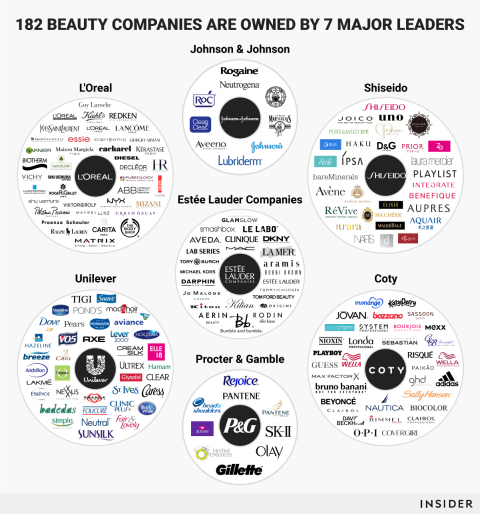The Ugly Side Of The Beauty Industry

Cruelty-free, USDA organic, Certified Non-GMO, Gluten-free. No, I am not talking about food. I am talking about cosmetics. Women spend on average $300,000 in their lifetime on beauty products. Women want affordable but healthy makeup. I mean we are putting it on our faces. However, there is no such thing as affordable, completely safe, makeup.
First, let’s go over the terms.

Cruelty-Free: This means that the product has not been tested on animals. However, most animal testing occurs at the ingredient level. Also be aware that most companies may not test on animals, but it could contract other companies to their testing. Some countries do want companies to test on humans. If a company has been certified by the Leaping Bunny Program, then that means that no animal testing has occurred in any phase.
USDA Organic: Your shampoo must contain at least 95 percent organically produced ingredients (excluding water and salt). Remaining product ingredients must consist of nonagricultural substances approved on the National List.
Certified Non-GMO: Cosmetics with this label have no genetically modified ingredients. This label is the only independent verification organization in North America. What I love most about this is that the Non-GMO uses the European Union measurement to determine if a product qualifies as non-GMO under program standards. If your blush or foundation has 0.9% or less of genetically modified ingredients, then it is certified as non-GMO.
Gluten Free: Most people think gluten can only affect you if you digest it. But some people with a gluten intolerance have experience rashes and breakouts when using products that have gluten in them. Now we know, gluten is the protein found in wheat and certain other grains such as wheat, barley, and rye. However, cosmetics ingredients may contain wheat or are made from it, such as Vitamin E oil.
Now it may sound pretty easy. However, look at the images. Yes, there are makeup brands out there that are organic, and no bunnies were hurt. However, it will hurt your pocket.

Secondly, we have to be mindful that the organic and natural cosmetics industry is not regulated by the USDA Organic Program. So what does that mean? There are very little regulations when it comes to your mascara and lipstick. However, some states, such as California, have implemented laws regulating the organic cosmetic industry. The 2003 California Organic Product Act, any cosmetic sold in California that is promoted as organic must contain at least 70% organically produced ingredients.
As you are shopping for your makeup guru this holiday season, take a look at the labels. It is up to you how you will spend that $300,000.



